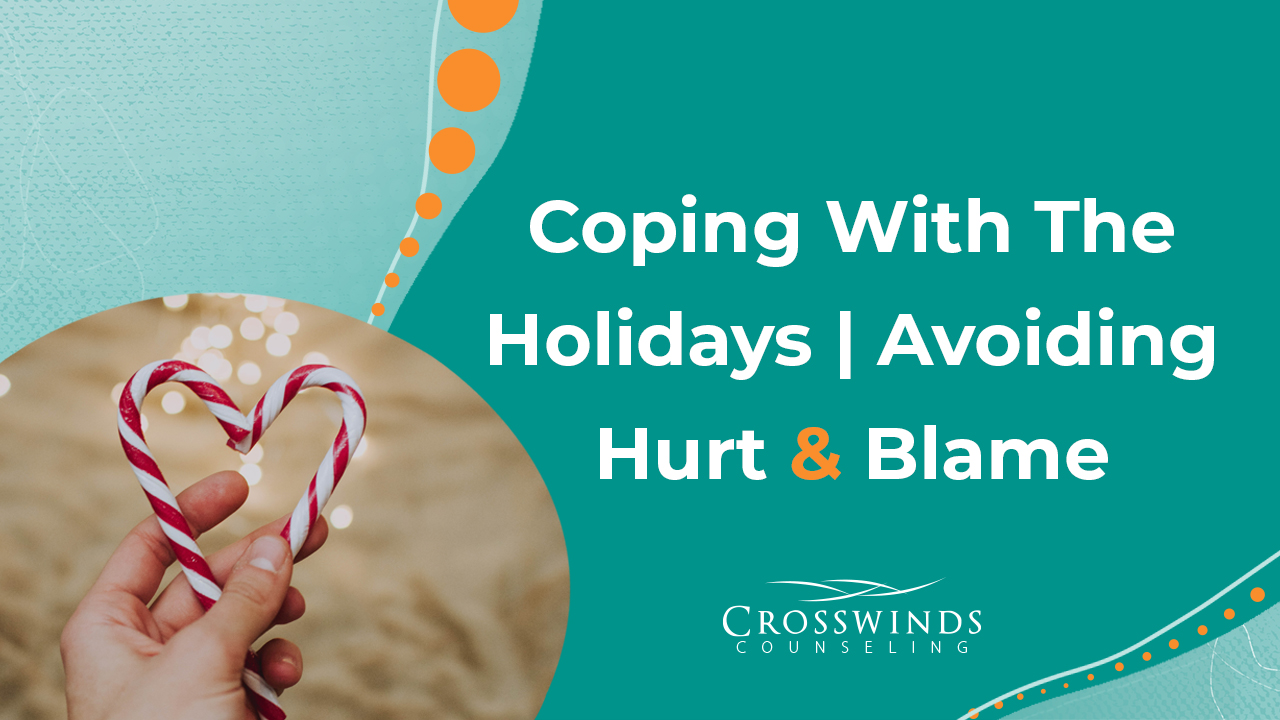
Expectations
An expectation is a belief somebody will or should do something. So what are the outcomes of expectations? Typically they can involve hurt, rage, frustration, and even blame and doubt in yourself. But ultimately, expectations have two predominate outcomes:
- Expectations are met: In some instances expectations you set are met. For example, if you expect everyone to show up on time for dinnner, and they do, the result becomes “I expected that.”
- Expectations are not met: Other times, expectations you are set are not met. For example, if you expect everyone to show up on time for dinner, but half of your guests are late, the result becomes “I am dissapointed, frustrated, angry.”
So, why should we avoid expectations? Well, expectations allow you to avoid skip the parts where:
- You have to be clear with others about what you want.
- You get to acknowledge you understand and are open to participating in what others want.
- You negotiate your wants with others to find common ground and mutual benefits. With expectations, you can not hold someone accountable for something they may not even know about.
But how do we avoid expectations? It’s simple. Communicate with others what you expect to happen, what you would like to happen, and what could possibly happen.
Agreements
An agreement is a negotiated arrangement between people that defines a course of action and each person’s responsibility within it. Agreements can help avoid hurt, rage, and frustration. For example, if you expect others to show up on time for dinner, and you communicate that with them, but they can’t make it on time and let you know they’ll be 15-minutes late, then you both can come to agreement that they will not be on time and eliminate frustration with each other.
Agreements have an upside for everyone:
- When you agree with someone on something, you replace assumptions with cooperation.
- Agreements help clarify relationships so everyone understands what the goal is, and how to get there.
- Agreements take what could otherwise be left to presumption and help make it explicit through communication.
- When you make agreements, you demonstrate respect and care for one another, and set yourselves up for success everyone can celebrate.
So, during these unprecedented times, with COVID-19, make sure you clarify your expectations and come to an agreement with everyone on what this year’s holiday will look like for you.
Adapted from: Yoder, M. (2019). Do better work: Finding clarity, camaraderie, and progress in work and life. Indianapolis, IN: LLAMA Press.
